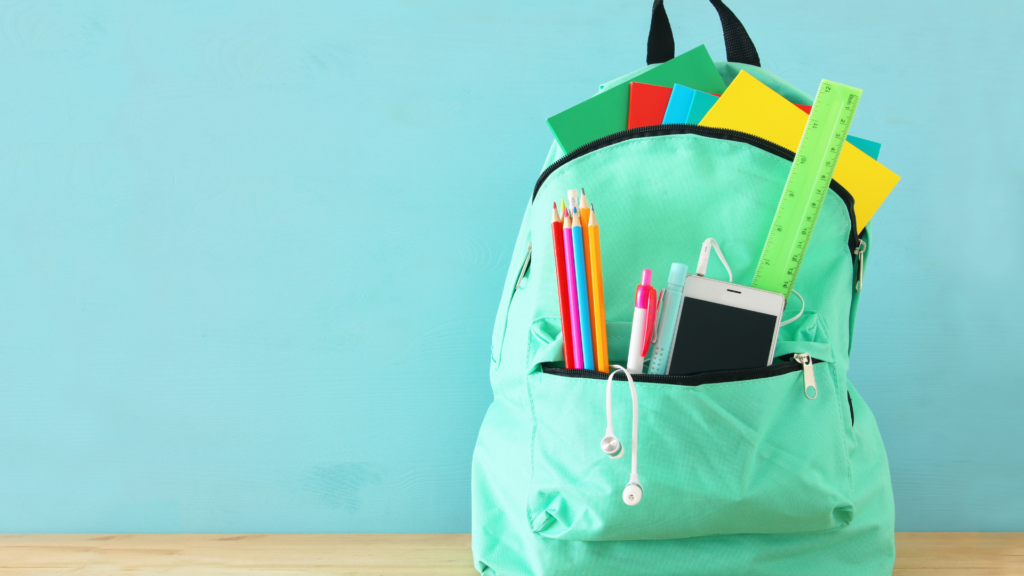Course 1: Foundation to Transition Planning
In this course, we’ll be covering foundational information around life skills and self-advocacy. This course teaches the basics for a variety of life skills, so if you’re thinking: “I need to learn that skill or relearn it!” This is the place to go.
This course was created for Autistic self-advocates, and can be used by caregivers and professionals to guide access to self-advocates who need more supports. It is written at a high school reading level.
Introduction
Overview
This section will give you an overview of what to expect in this course, Foundation to Transition Planning.

Module 1: Life Skills
🧺 Learning Daily Living Tasks
- Learn more about the types of daily living tasks.
- Understand your current and upcoming needs around which daily living tasks to focus on.
- Explore strategies to learn and practice daily living tasks.

🎧 Sensory Needs & Self-Regulation
- Learn more about the types of sensory needs.
- Understand your sensory and self-regulation needs.
- Explore strategies to learn and practice self-regulation and supporting sensory needs.

👥 Social Goals

- Learn more about the types of social connections.
- Understand your social goals and needs.
- Explore strategies around each social situation depending on your goals.
Module 2: Self-Advocacy
🪞 Building Self-Awareness
- Learn more about the types of self-awareness.
- Understand your current needs around each type of self-awareness.
- Explore strategies to learn and build self-awareness.

🗣 Expressing Personal Needs
- Learn more about the types of personal needs related to self-advocacy.
- Understand your needs and how you may want to express them to others.
- Explore strategies to learn and practice expressing personal needs.

📲 Accessing Support

- Learn more about support networks and the types of support.
- Understand your current support network and needs for support.
- Explore strategies to get support from your support network.
Module 3: Milestones in Adolescence
🧠 Puberty
- Learn more about puberty and all of the changes that may come with it.
- Understand what puberty may look like for you.
- Explore resources and information around puberty.

💫 Peer Relationships
- Learn more about the types of experiences you may have with peers.
- Understand your needs around navigating social experiences with peers.
- Explore strategies to learn and practice navigating social experiences with peers.

🏫 Transition to High School
- Learn more about the types of experiences that may happen as you transition to high school or upper grades in your school.
- Understand your needs around preparing for this upcoming transition.
- Explore strategies around preparing for this upcoming transition.
